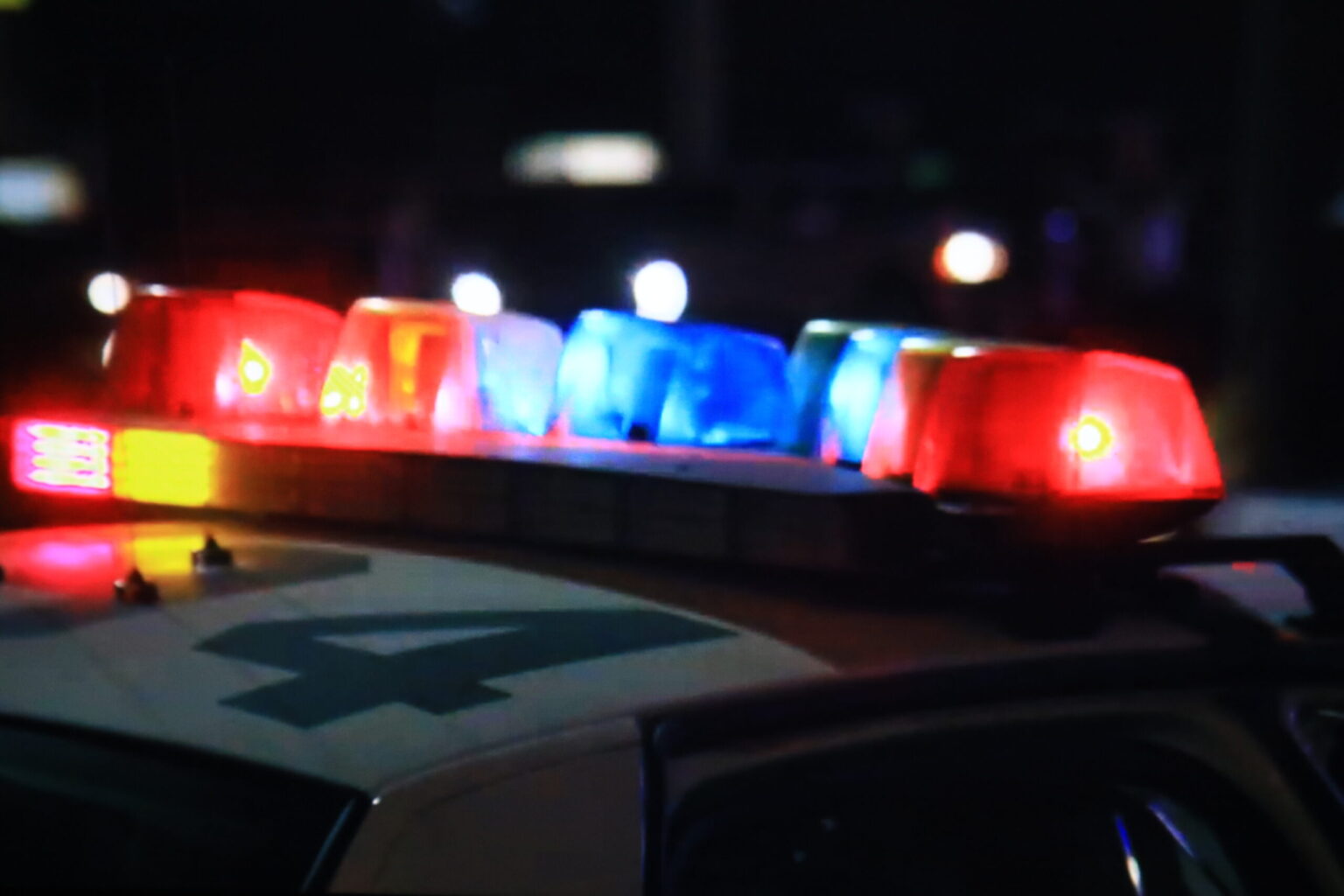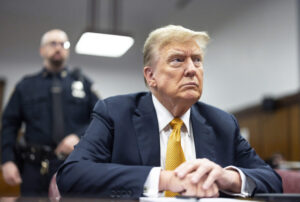6:30
News Story
Police said traffic violation let them stop driver, search for drugs. NV Supreme Court disagreed
The Nevada Supreme Court in December ruled that an officer who pulled over a suspected drug dealer for having a dealership-issued license plate cover that obscured the word “Nevada” lacked probable cause to initiate the traffic stop.
The Reno Police Department in March 2021 used the alleged traffic violation to pull over a man they suspected of drug activity and discovered 187 grams of methamphetamine.
The decision reverses a lower court ruling and conviction and brings up larger questions on the use of “pretextual stops,” or when officers pull over people for minor traffic infractions to investigate more serious crimes.
“The implications are if officers are really trying to investigate drug activity and they are going to do a pretextual stop or a wall stop, which is based on a traffic violation not the drug activity, they need to make sure they pick a statute that is clear,” said Katelyn Cantu, a Washoe County public defender.
According to court documents, a confidential informant told the Regional Narcotics Unit that David McCord would be traveling through Reno with “a large amount of methamphetamine.”
Officers decided to perform a pretextual traffic stop to engage McCord.
The practice is lawful, Cantu said, “because the person is violating a traffic law and gives law enforcement the basis to do a temporary detention with or without other reasons for doing so.”
In McCord’s case, the officer “observed no moving violation” and “focused on the vehicle’s license plate and the license plate frame,” according to court documents.
After being pulled over and questioned, the officer asked McCord for permission to search his vehicle. McCord refused and the officer instead “deployed his drug detection canine, and the canine alerted to the presence of drugs in the vehicle.”
Law enforcement found 187 grams of methamphetamine.
McCord’s lawyers sought to suppress the evidence, arguing it was obtained during an unlawful traffic stop. The Washoe district court denied the motion.
In its ruling Dec. 28, the Nevada Supreme Court wrote “the district court erred in denying McCord’s motion to suppress evidence obtained during the traffic stop because there was no probable cause to support the stop based on the violation of” Nevada statute.
The court said the deputy “lacked probable cause to justify the traffic stop.”
“Because he was unlawfully stopped, all the drugs (officers) found, they can’t introduce that in trial,” Cantu said, who represented Cantu in the original case. “If they can’t introduce drugs in the trial, there is no evidence to introduce.”
The court also said the dealership issued license frame didn’t constitute “foreign material” as described by Nevada law.
“To hold otherwise would effectively ban the use of ubiquitous license plate frames and promote subjective law enforcement,” according to the court. “Such an outcome would be for the Legislature to clearly authorize, not for this court to divine.”
While pretextual stops are legal, Cantu questioned how they are deployed by law enforcement.
“The law says you can conduct a temporary detention of someone if you suspect there is criminal activity afoot,” she said. “If you’re confident you suspect drug activity – you don’t have to be confident, you just need reasonable suspicion or probable cause – then why are you looking for a traffic violation?”
Cantu is currently defending a client in a similar case who was pulled over for not having a front-facing license plate. Nevada law, she explained, requires cars manufactured to have a front-facing license plate to display one.
While officers initiated the stop based on a traffic violation, the main reason for the stop was to investigate suspected drug activity.
“When we asked the officer why they didn’t stop him based on the reasonable suspicion you had based on suspected drug activity the officer said, ‘it just makes it cleaner,’” she said.
In recent years, there have been legislative attempts to address the power officers have when it comes to pulling people over. The ACLU estimates law enforcement stops more than 20 million people every year for traffic violations.
Data compiled by the UNLV and Nevada chapter of the Fines and Fees Justice Center in 2020 showed Black and Hispanic drivers, as well as those from the poorest ZIP codes, were disproportionately stopped in the City of Las Vegas.
Democratic state Sen. Dallas Harris sponsored Senate Bill 296, which would have prevented police officers from citing drivers solely based on low-level offenses such as an improperly displayed license plate or tag or a single broken taillight.
The legislation would have allowed officers to pull drivers over but only to give a written or verbal warning.
Law enforcement and police unions, along with the district attorneys association, testified in neutral of the legislation.
The bill passed out of the Senate 14-7 but failed to advance out of the Assembly Judiciary Committee.
Cantu said lawmakers should consider legislation in the future that addresses “law enforcement’s ability to detain people for insignificant stuff that isn’t posing any kind of safety concern.”
“I don’t care if someone doesn’t have a front license plate whether a car was manufactured to have one or not,” she added. “If we say law enforcement can detain any individual for any violation under the sun, then you really have to be careful when you drive.”
Our stories may be republished online or in print under Creative Commons license CC BY-NC-ND 4.0. We ask that you edit only for style or to shorten, provide proper attribution and link to our website. AP and Getty images may not be republished. Please see our republishing guidelines for use of any other photos and graphics.




